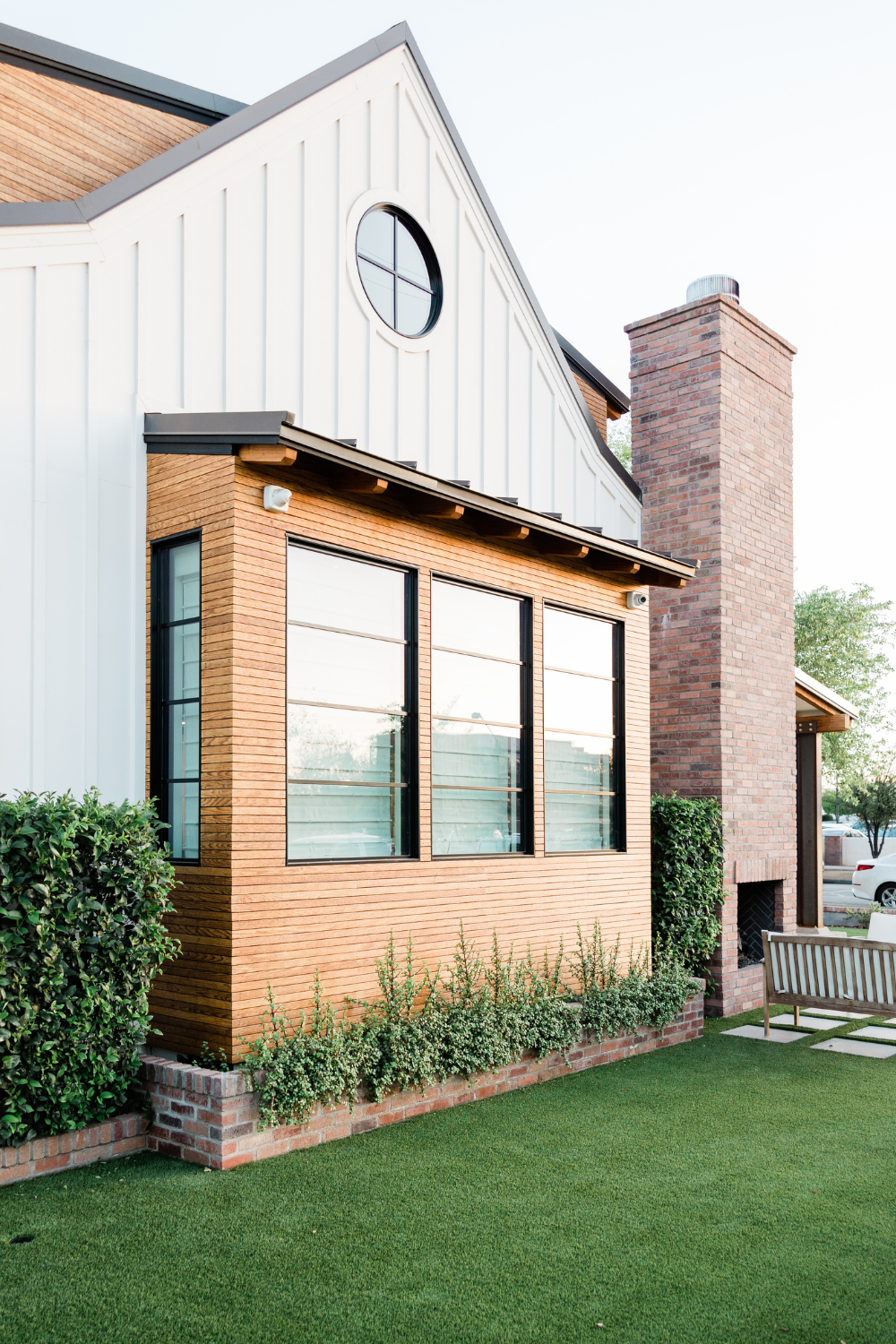
7 Questions to ask when Viewing a House
Searching for a new house can be so exciting, but it can also be nerve-wracking to remember everything and know what to ask. This post is all about the 7 questions to ask when viewing a house.
This post may contain affiliate links, which means I’ll receive a commission if you purchase through my link, at no extra cost to you. Please read full disclosure here.
1. Are there any Disclosures?
Realtors are required to disclose specific details about the property, such as
- Facts about the property itself (any defects)
- Facts that relate to the property (pending zoning changes, etc)
- Facts about the seller that may affect their ability to complete the transaction (such as the seller not having enough funds to cover closing costs)
- Facts that are important to you (you must let the Realtor know what these are)
While these will be disclosed to you, often times it isn’t disclosed as early as it should be. You may not even see these disclosures until you’ve already spent time and money on the property. You don’t want to then decide that the disclosures make the property not worth the cost.
2. Are there any current liens or ongoing litigations?
A lien is a debt owed on a property resulting from a default of some type, such as mortgage, contractor’s work, taxes, or any sort of creditor. It essentially means that someone (whether it’s a person or company) is owed money on that property.
If there is any sort of ongoing litigation or lien on a house and the seller can’t pay, you might end up paying it as the buyer. This isn’t super common, because often times the purchase price covers the cost of the lien for the seller, but it depends on their specific financial situation. You want to ask this when viewing a house before you get too deep in with the property.
3. Is there a homeowners association?
In addition to purchasing the house there could also be a Homeowners Association (HOA). This is a monthly fee could be tacked on to your monthly mortgage rate.
Additionally, HOA’s are notorious for their home regulations. These include a certain type of mailbox, certain color of shutters, or something larger like what can or cannot be placed/parked on the property.
Some HOA fees are nominally priced, but certain neighborhoods can have larger fees into the hundreds each month.
4. Were there any upgrades done without a permit?
Upgrades to a house usually help the resale value immensely. However, if any upgrade was done without a permit (such as adding an additional room, renovations made inside rooms, roofing upgrades, etc) there may be future consequences. This can come in the form of HOA fine, or it can affect your ability to sell the property in the future. Most buyers will pay close attention to the inspection done before closing, and if a space was not permitted, a contractor may be called to inspect the upgrade and redo it to code, ensuing an additional fee.
5. Is the home in a flood zone or prone to natural disasters?
Often times listing agents do not include this information in the MLS. This can become a huge future issue if you are in a flood zone and do not have flood insurance. You can either ask your Realtor about this, or check the county’s GIS website yourself to see the specific zones for the property. Insurance for these zones can become costly, especially if you have to purchase multiple types of insurance.
6. Are there any health or safety hazards?
Things like lead, mold, or radon are not likely to be seen upon first viewing a house. Some things may be disclosed already, such as a property that was built before 1978 which will have a lead-based paint addendum. These hazards can be tested for, and can be negotiated for the seller to cover the cost.
While these hazards are not deadly, they can have serious health consequences and affect children or the elderly more severely.
7. Which appliances convey?
Too often I’ve seen buyers assume that certain appliances “come with the house” when they’re first viewing the house. Certain fixtures will almost always stay, such as any built-in appliances, ceiling fans, etc. But there is a chance that in the listing, the seller’s have stated that they will be keeping certain items (such as a foyer chandelier). On the other hand, some items usually move with the seller’s, such as the washer/dryer, refrigerator, or window treatments. Occasionally the seller will leave these items for the buyers, but if they don’t, buyers often have to purchase necessities that they weren’t initially planning to.

